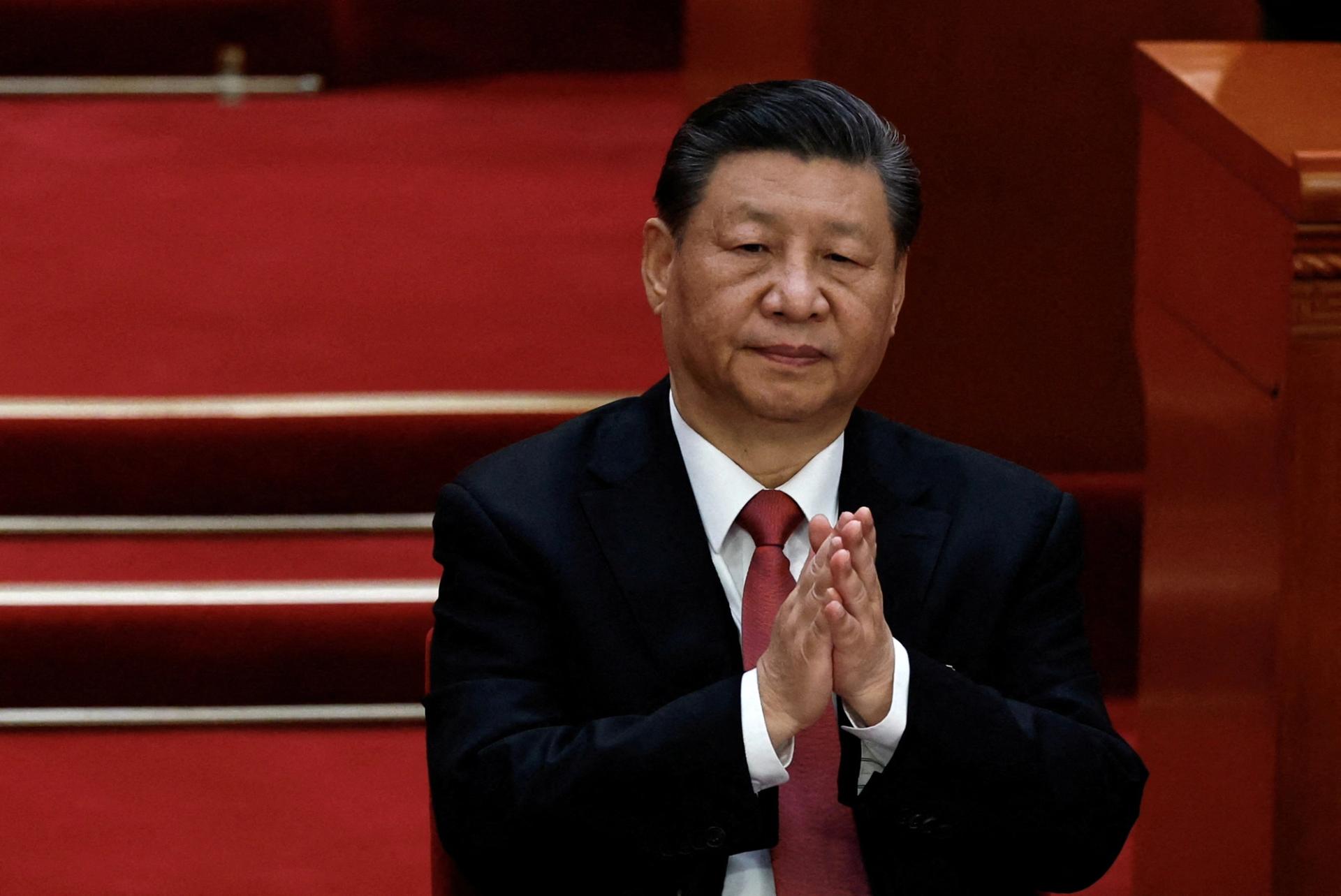
Semafor Signals
China pledges to ‘deepen reform’ and ‘resolve’ debt as key meeting concludes
Insights from the Tony Blair Institute for Global Change, The New York Times, Financial Times, and the Australian Broadcasting Corporation

The News
China will “deepen reform” and “resolve” the risks of mounting real estate and local government debt, the Communist Party said Thursday, after concluding its closely watched third plenum meeting that sets out the country’s economic priorities for the next five years.
The recommendations set in motion Chinese leader Xi Jinping’s ambitions of a technologically sovereign country with a strong socialist market economy, though it did little to address the low consumer spending that economists hoped could boost China’s slowing economy.
SIGNALS
Plenum’s results show Xi’s ambitions, but changes will take time
The reforms represent Xi’s “personal priorities” to an unprecedented extent, Ruby Osman, a China analyst at the Tony Blair Institute for Global Change told Semafor, as Xi moves to consolidate complete control over the party. It’s why the meeting focused on topics such as strengthening party leadership and technology sovereignty, measures that are “key to the party’s security,” Osman said. But as the plenum lacks legislative power, any initiatives must pass through multiple layers of bureaucracy to take effect, she added, meaning that Chinese citizens will be unlikely to see any dramatic policy changes in the near future.
Beijing rejects free market forces in favor of state capitalism
Xi has shown “incredible consistency” in maintaining a socialist market economy, and his “vision of a state capitalist party state will stay intact,” wrote ABC’s Bang Xiao ahead of the meeting’s conclusion. Details of the reforms are still emerging, but the outlines demonstrate the party’s commitment to use “substantial state intervention” to boost markets and support state-owned enterprises or “strategic” private firms, Xiao added, pointing to China’s hesitancy in allowing free market forces to drive its economy. But the success of these moves will require Xi to regain the confidence of both Chinese citizens and the foreign business community, who have grown disillusioned with the state’s overbearing grip on the economy, The New York Times argued.
Stimulus remains crucial for economic viability
Beijing has been reluctant to heed economists’ calls to address the malaise with stimulus packages or investment incentives and increase consumer spending for fear of enlarging its debt. Instead of stimulus checks, Beijing “urged deepening supply-side structural reform,” according to the preliminary Xinhua English note on the meeting, though the Chinese note did more extensively talk about promoting the “livelihood” of households. The government will also “narrow the disparities” between rural and urban, a hint Beijing is willing to further reform its notorious “Hukou” household registration system that limits citizens to social benefits depending on where they live. Coupled with pension and healthcare reforms, “this is going to be transformative” for the public, said China financial analyst Leonid Mironov of PACAT, a capital management firm.